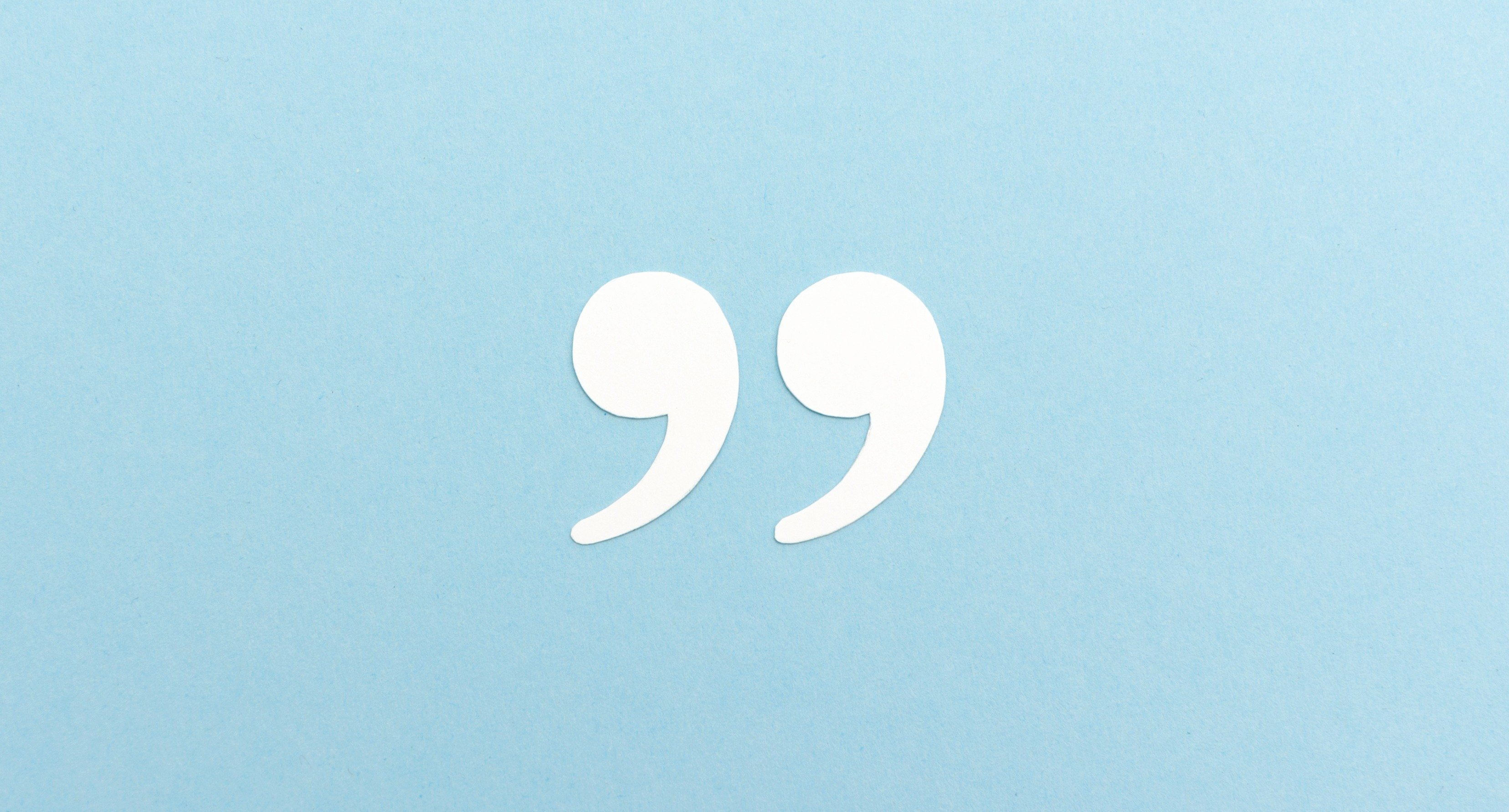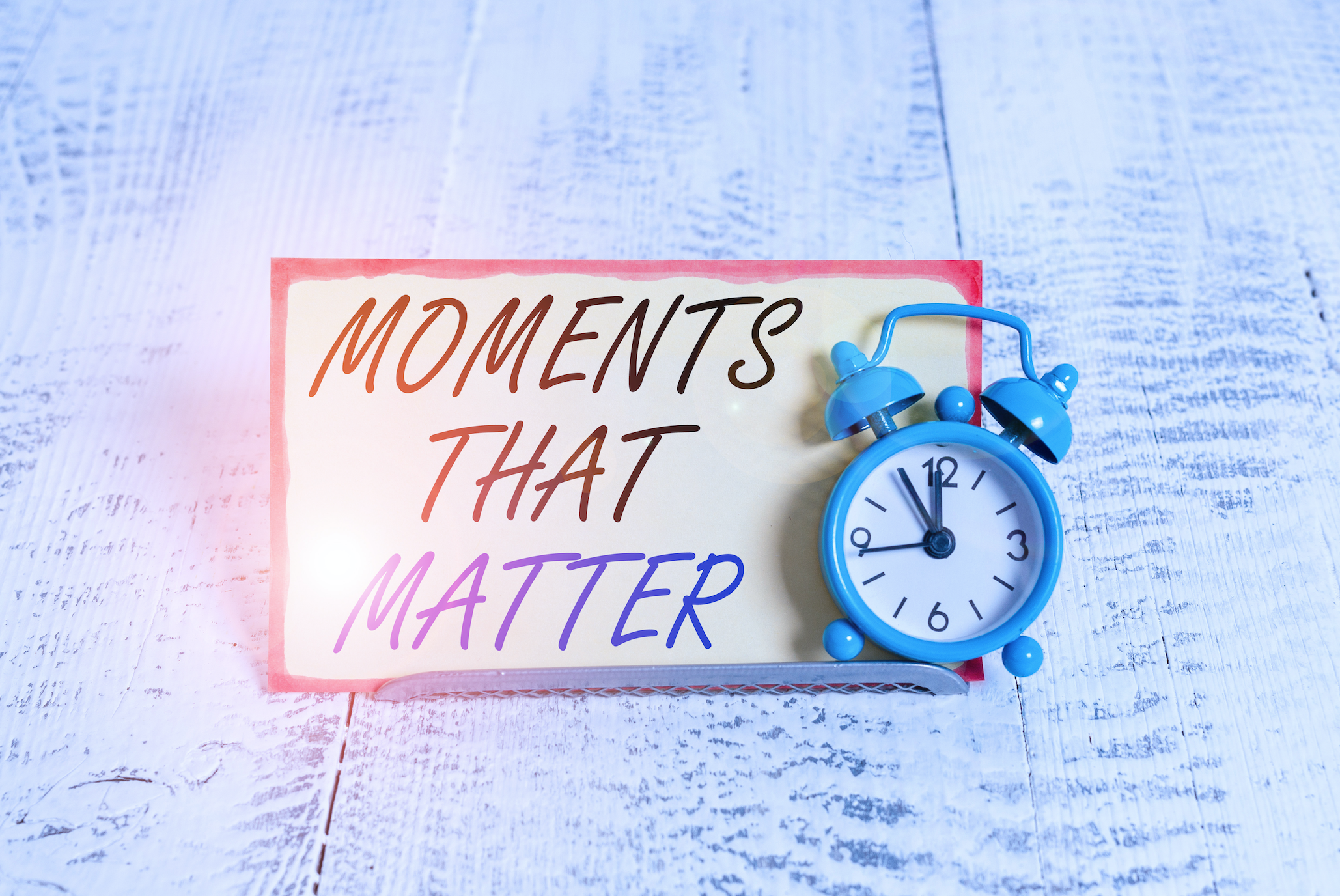Growing up I was taught to treat people with kindness and respect. By treating people the same way I wanted to be treated, I noticed that my life experiences started to unfold in ways that I just assumed to be luck. I truly believe that if you put your mind to something it can be accomplished. Well, you’ll at least have a better chance at getting the results you want if you treat all people in the best possible way you can.
If you have dedicated and highly engaged employees, then you have probably taken the time to show how much you respect them. However, if your organization is struggling to accomplish its goals, it’s time that you connect with your employees and tell them how their hard work is truly appreciated. Communicating your values and ideas will be beneficial for your organization.
The 2009/2010 Towers Watson communications study found that "effective employee communication is a leading indicator of financial performance and a driver of employee engagement. Companies that are highly effective communicators had 47% higher total returns to shareholders over the last five years compared with firms that are the least effective communicators." Employee recognition is an invaluable communication tool that will boost employee engagement.
Engaged employees are one of the most important assets to your organization and they should be recognized for their hard work on a continual basis. Gallup research shows that engaged employees are more productive employees. They are more profitable, more customer-focused, safer, and more likely to withstand temptations to leave the organization. Actively disengaged employees erode an organization's bottom line; within the U.S. workforce, Gallup estimates this cost to be more than $300 billion in lost productivity alone.
Believe it or not, I’ve found that a simple “thank you” with a smile can go a long way. Encouraging employees to express their ideas and opinions will promote the kind of constructive atmosphere you need to achieve your goals. Prioritize employee recognition and start by treating others as you want to be treated.
A Towers Watson’s study of 90,000 employees found that “employee engagement rises when people experience a combination of effective and caring leadership, appealing development opportunities, interesting work, and fulfilling tangible and intangible rewards.”
Employee engagement begins by listening to what others have to say, showing appreciation for a job well done and reinforcing positive behaviors that you want to see repeated. Rewards and recognition help managers and employees get what they need from work while creating a win-win situation.







Leave a Comment